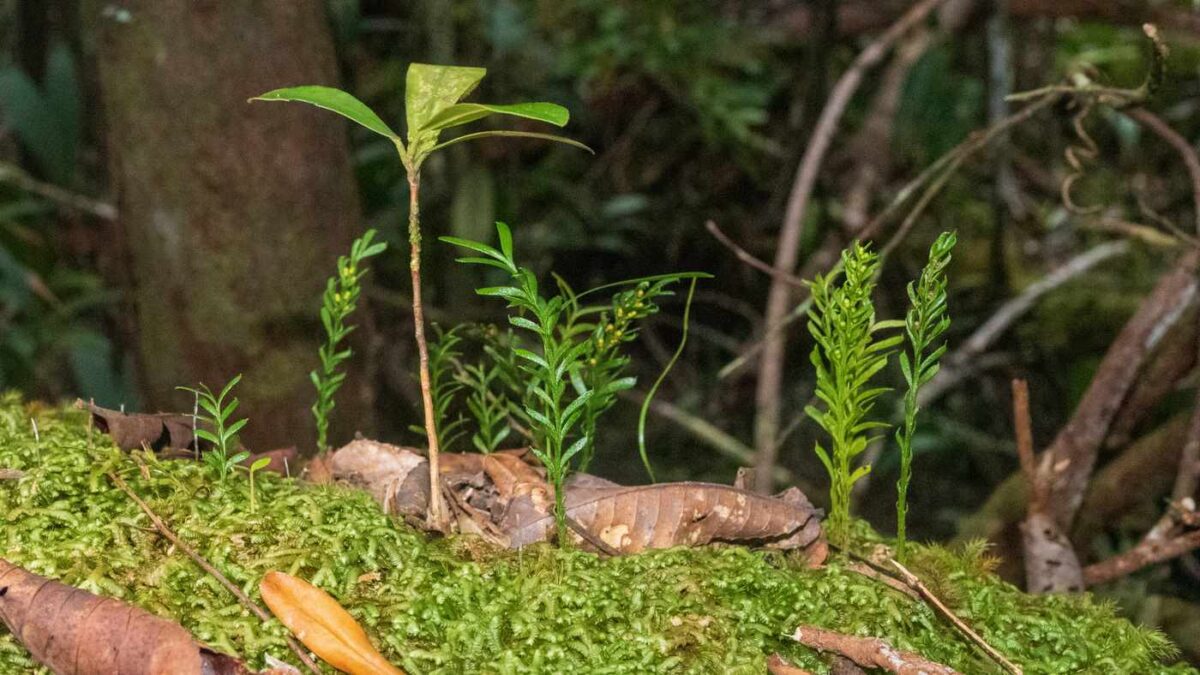World’s Largest Genome Discovered

On New Caledonia, a species of fern has been discovered with the longest genome (is the entire set of DNA instructions found in a cell.)of any known living organism.
Its genome is 50 times longer than a human’s, 7% longer than the previous record-holder, and 20% longer than the animal with the longest genome. While humans have 23 pairs of chromosomes, this fern has 416. If unraveled, its DNA would stretch higher than Big Ben in London.
Dr. Ilia Leitch from the Royal Botanical Gardens, Kew, remarked on the significance of this discovery, highlighting the diverse nature of plant DNA and its implications for understanding global biodiversity. She also noted the potential to explore the biological limits of genome size.
Twenty-thousand species have had their genomes sequenced and through that we learned that having a large genome isn’t always beneficial. Larger genomes demand more resources for replication, repair, and transcription, and require a larger cell nucleus.
Dr. Leitch explained to Reuters that species with larger genomes are more prone to extinction, similar to how simpler machines tend to be more durable than complex ones.
Previously, the longest genome was held by the Japanese flowering plant Paris japonica, while the African marbled lungfish (Protopterus aethiopicus) has the longest animal genome. The smallest genome belongs to the fungus Encephalitozoon intestinalis, with 2.6 megabase pairs. In comparison, the New Caledonian fern has 168 gigabase pairs, akin to comparing the file size of Tetris to a modern game like The Witcher.